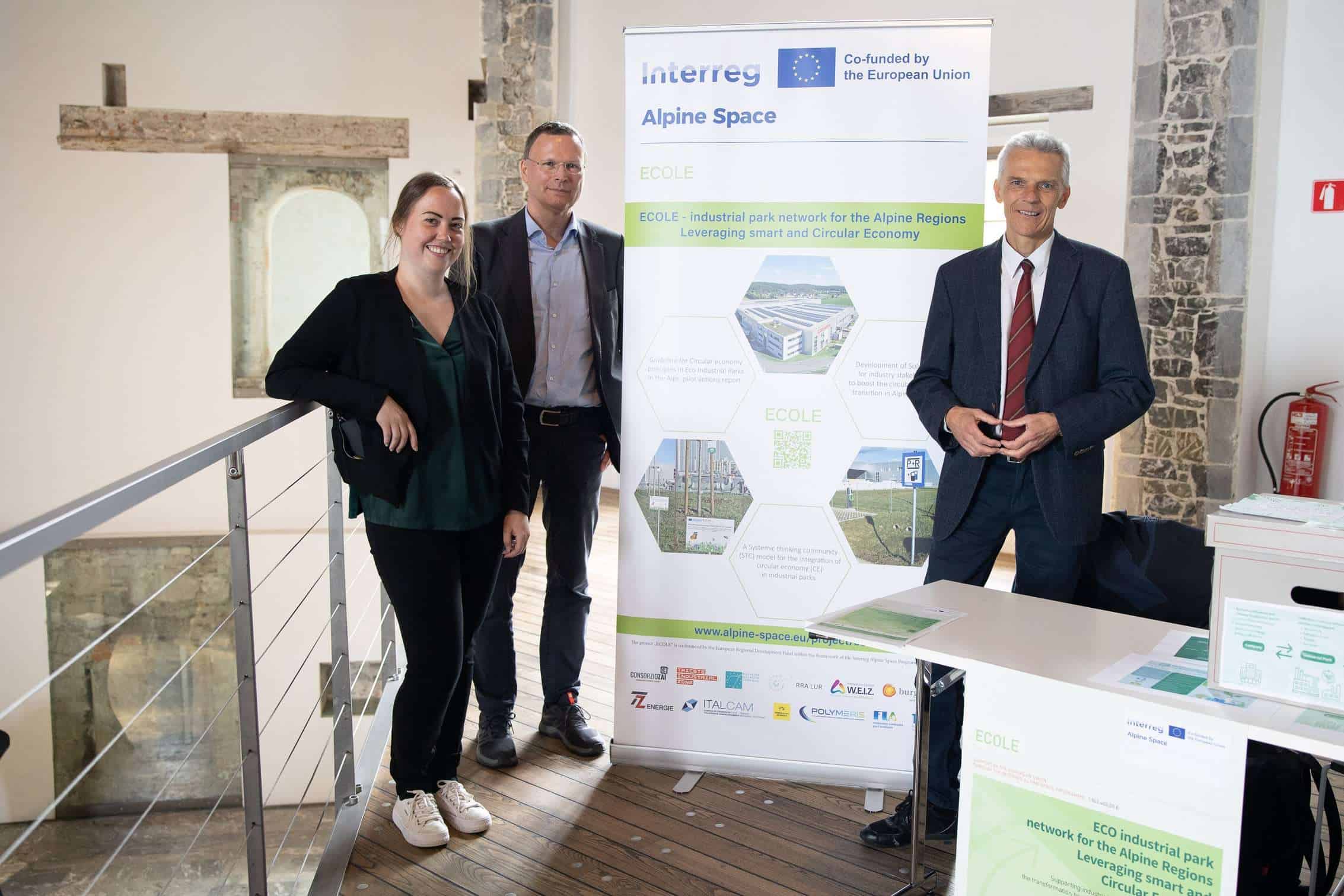The recent Circular Economy Conference held in Ljubljana brought together a diverse group of stakeholders committed to advancing sustainability through circular economy practices. Attendees included Slovenian politicians, international representatives, and experts in the field, all gathered to discuss and share insights on the crucial role of circular economy in the transition to sustainability.
Key Highlights of the Conference
Opening Remarks
The conference began with introductions from prominent Slovenian politicians and the deputy head of mission from the Norwegian embassy. Their speeches underscored the importance of international collaboration in achieving sustainability goals and highlighted the necessity of innovative frameworks and practices within the circular economy model.
Presentations and Discussions
Following the introductions, a series of presentations delved into the role of circular economy in sustainability transitions. These sessions covered various frameworks for sustainable practices, showcasing innovative approaches to circular economy models. Experts from different sectors provided valuable insights into how these models can be implemented effectively across diverse industries.
Roundtable Discussion
The event concluded with a roundtable discussion featuring actors from Iceland, Norway, and Slovenia. This session focused on advancing circular economy models across all sectors, emphasizing the unique approaches different countries and sectors are taking. The exchange of ideas during the roundtable highlighted the potential for cross-border collaboration and the sharing of best practices to enhance sustainability efforts globally.
Networking Opportunities and Post-Event Activities
While the official discussions and presentations were the core of the conference, the networking opportunities that followed proved to be equally valuable. Representatives from ECOLE (WAB) and other organizations engaged in fruitful conversations with attendees from Iceland and Norway. These interactions laid the groundwork for future cooperation and the development of new projects aimed at advancing circular economy practices. The post-event networking sessions focused on several key areas for future development and cooperation. These included discussions on potential development axes, corridors for cooperation, innovation, and growth/value chains. Additionally, talks centered around creating connections between business zones and establishing a STE(A)M academy to develop transnational workforces. Burgenland, in particular, is set to enhance its collaboration with neighboring countries Hungary, Slovenia, and Croatia in these areas.
Conclusion
The Circular Economy Conference in Ljubljana was a significant step forward in fostering international collaboration and innovation in the field of sustainability. By bringing together diverse stakeholders and facilitating meaningful discussions and networking opportunities, the event paved the way for new initiatives and projects that will drive the adoption of circular economy practices. The connections made and the ideas exchanged during the conference will undoubtedly contribute to a more sustainable future, showcasing the power of cooperation and shared commitment to environmental stewardship.



